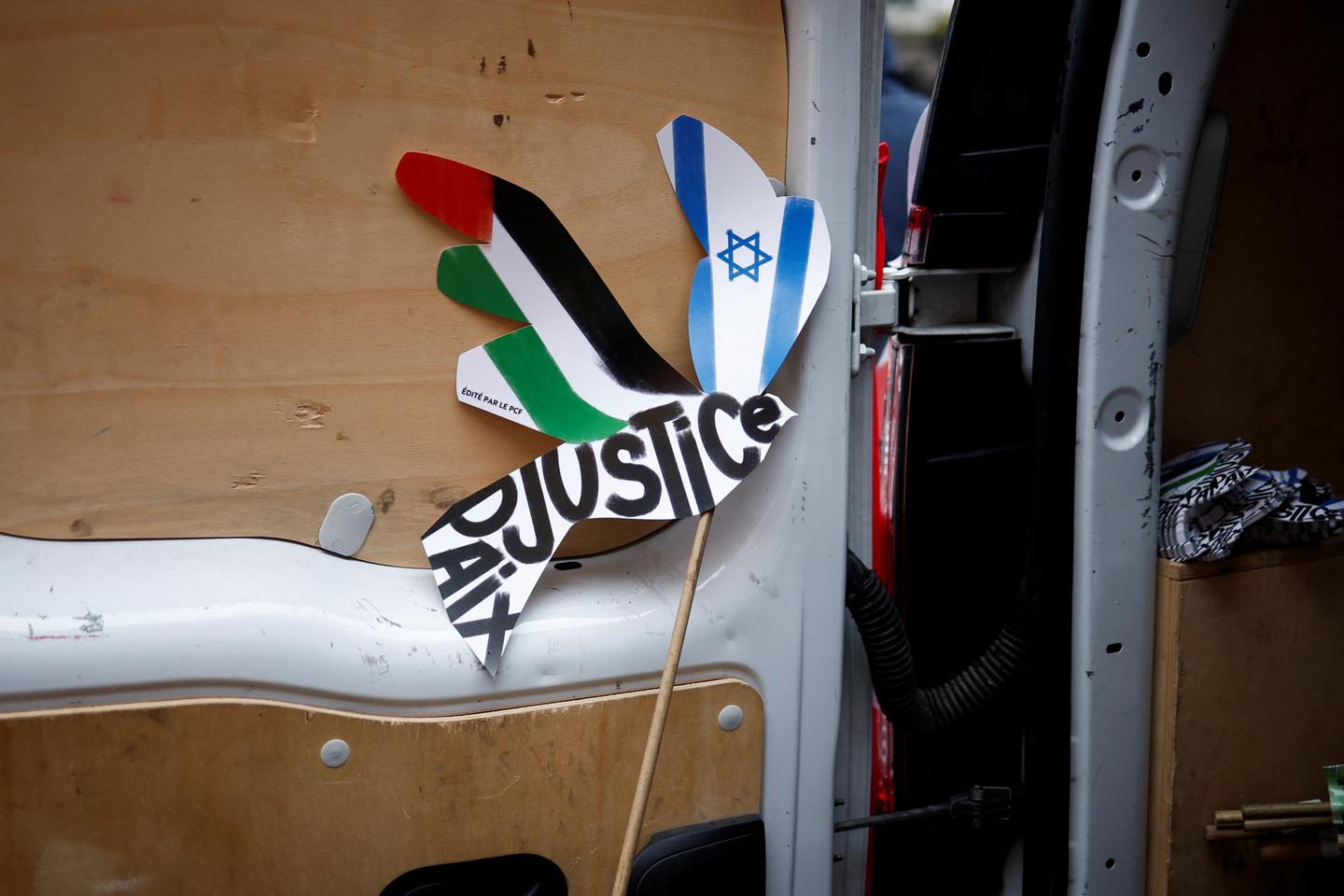


"After what happened yesterday, you'll understand that you can't stay at home anymore." One day after a family discussion about the Israel-Hamas war, Karim (first name changed) saw this text from his father pop on his phone while he was at work. Born to a European father and a Moroccan mother, the devout young Muslim had to move in with his girlfriend, "saddened" that his mother has become preoccupied with the conflict so much so that it's affected her mental health. Since October 7, the atmosphere within the family had become increasingly tense, hanging on the fate of a Gazan family long supported by Karim's mother.
As the Israeli army carried out its first bombing raids on Gaza, in retaliation for Hamas's terrorist attack, the mother received a message from one of the Palestinian children she had sponsored. "If I ever die, know that I will never forgive them," it read. In the absence of any news, she has taken refuge "in anger and hatred" against Israel.
"Through her interests, through her relationship to politics, she's living everything through this conflict, like so many Muslims in the world," said her son, who grew up in a kitchen decorated with a map of the Middle East with Palestine spelled in Arabic. Now an adult, the 25-year-old IT specialist no longer shares his mother's need to "put her energy and soul" into this war, which is imbued with "the narrative of good versus evil" and which, he believes, has led to a situation that is "just desperate."
Lines crossed
As October passed and exposed to a steady stream of messages from his mother on WhatsApp, Karim had to take a stand. He had always been aware of her opposition to the state of Israel, which, according to her, is responsible for "too much misfortune for Muslims." But when he noticed anti-Semitic comments in the content she shared he had to react. One such video described the Holocaust as a "shameless lie." One evening, as he came home exhausted from work, Karim exploded: "I told her I could show these videos to the police, that these opinions she was relaying were serious and even punishable by law."
His mother crossed a line and insulted her son's best friend. In her words, the young Franco-Israeli, whom she had known for years, had become an "accomplice" and "dog" of the Israeli army. Karim was stunned. In his eyes, these remarks were unforgivable and unfair to his best friend, who had returned from Israel outraged by the political orientation of the Netanyahu government and determined not to go back to fight Hamas. Hurt by the insult to his "brother," Karim was appalled at the "conflation" made by his mother. "It's dishonest, especially for a Muslim woman. We can't do to others what we don't want done to us."
You have 75% of this article left to read. The rest is for subscribers only.
